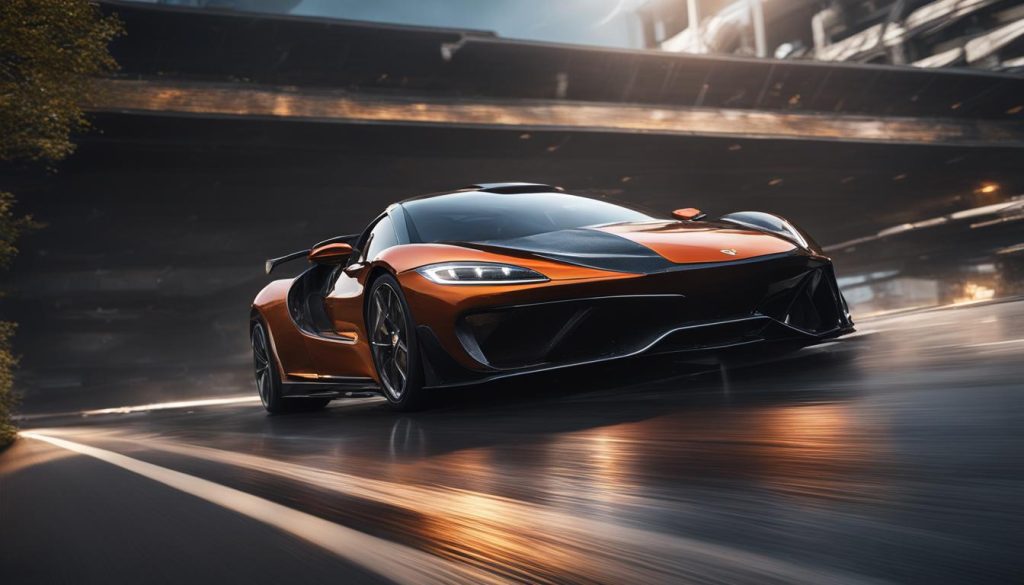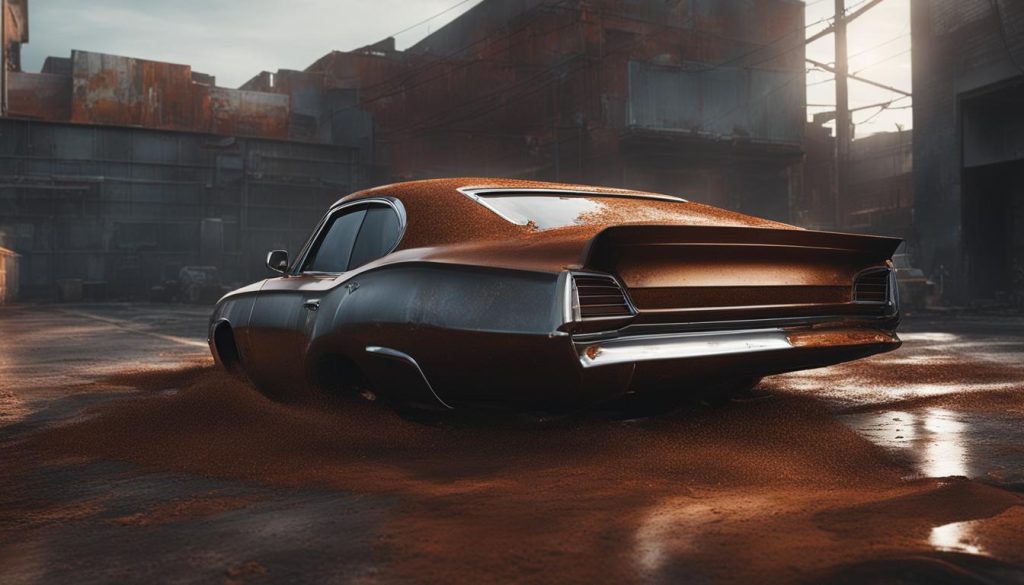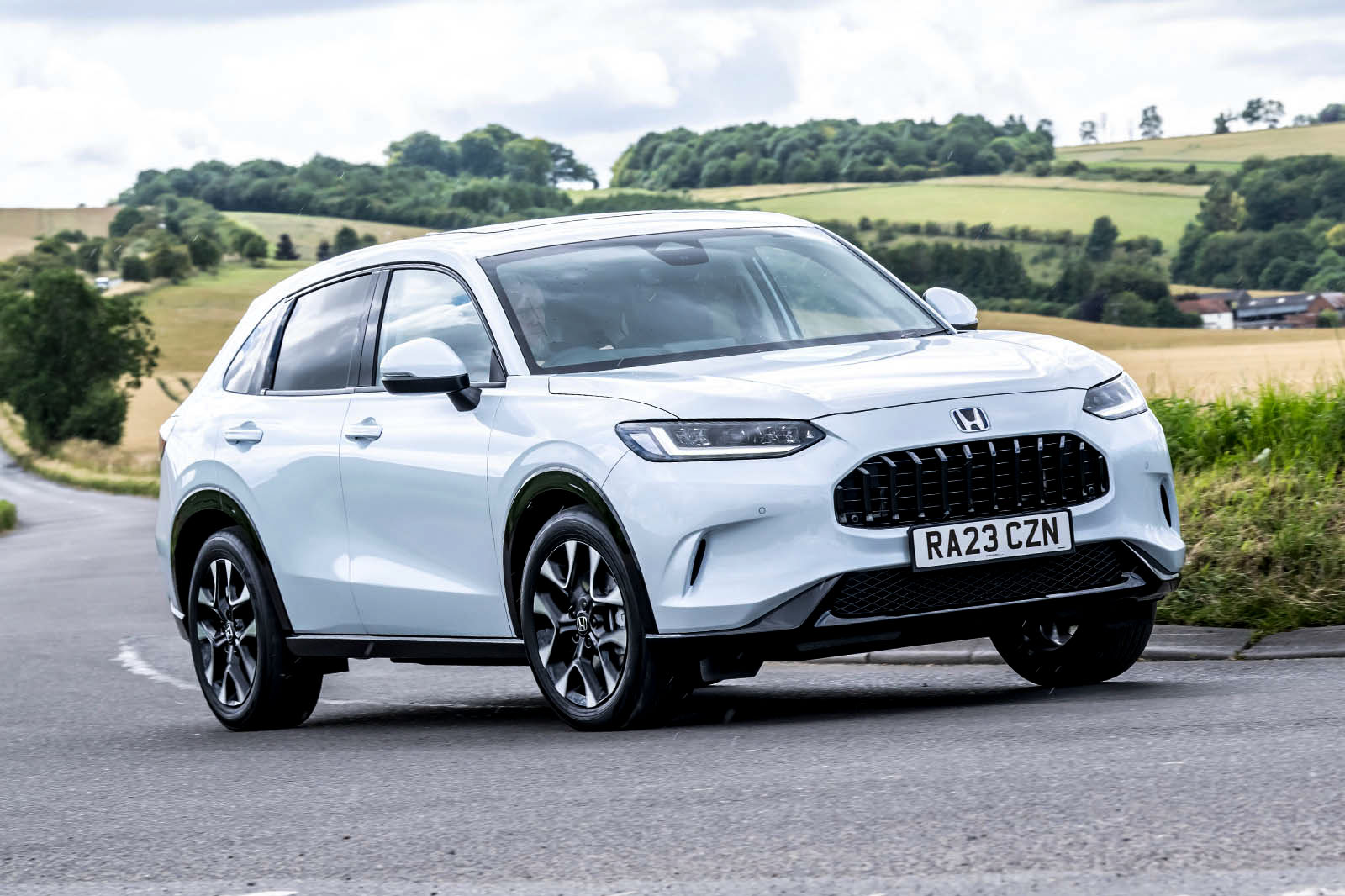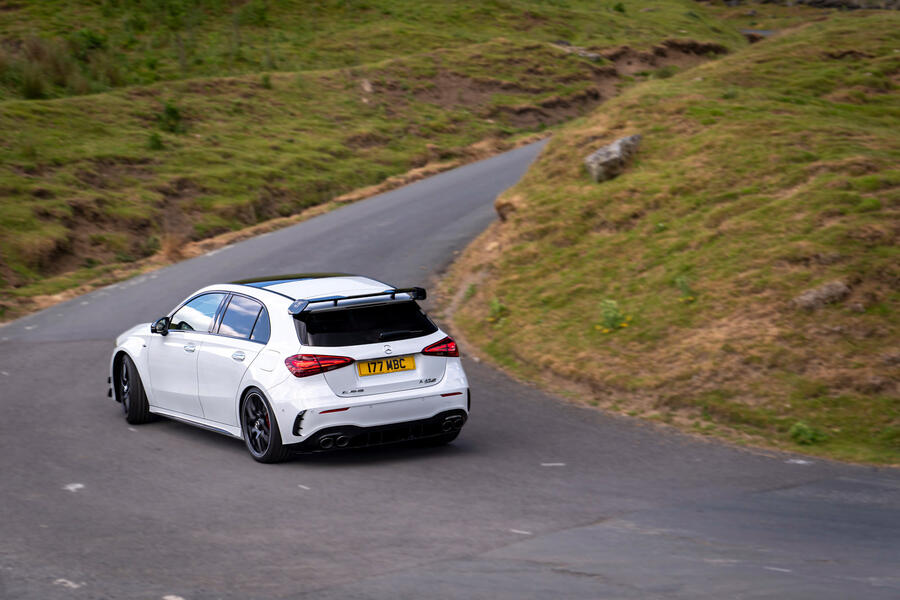When dealing with plug-in hybrids like the DS 7 360, it is impossible to simply describe ‘the performance’, because it can vary quite greatly – both in quantity and in nature – depending on the situation, driving mode and state of charge.
In the best-case scenario, with a full charge and with engine and motors joining forces, the DS 7 360 feels all of its 355bhp, stepping off the line perhaps a touch reluctantly but building force and pushing you back firmly in your seat thereafter. It stopped just short of matching the quoted 0-62mph time of 5.6sec, but 6.0sec is still fairly quick.
In most situations on the road, however, the pleasure from having a powerful engine in a luxury SUV comes not necessarily from setting the fastest 0-62mph times but from having power in reserve to accelerate briskly but effortlessly. And that’s where PHEVs, and the DS 7 in particular, can fall short.
With a total of 218bhp of electric power, you might assume that’s what the software would rely on in the first instance to provide smooth, silent progress. However, when you demand anything more than leisurely acceleration, the engine is all too keen to pipe up when in Comfort or Hybrid mode.
Counterintuitively, if you want that muscular mid-range shove with a minimum of drama, you are better served with Sport mode. However, that comes with the firmer suspension setting, and when you do rouse the engine it will hang on to high revs for too long.
You might think that taking control yourself using the shift paddles would be a way around the software’s strange shift strategy. But since it’s not possible to lock the gearbox in a manual mode, the car will quickly take back control and upshift or downshift when you don’t want it to. This also prevented us from getting our usual in-gear acceleration figures.
You can drive around the powertrain’s foibles, but it shouldn’t be this hard to find a satisfying wave of torque to surf on. Equally, the 1.6-litre turbo is not exactly exciting to rev out, sounding mostly muted but unwilling when pushed.
We look forward to DS’s future electric efforts, because the DS 7 is arguably at its most relaxing in electric mode thanks to quiet progress and linear accelerator response. With a 0-60mph time of 10.4sec under electric-only power, it just loses any semblance of being a performance car.
As well as more power, the DS 7 360 gets bigger front brakes as part of its performance makeover. The 45.0m stopping distance from 70mph is only 1.5m shorter than what we recorded in the DS 7 Crossback Puretech 225 in 2018. Nevertheless, that is still a strong result and better than the Audi SQ5 Sportback. Pedal feel is often a weakness of Stellantis cars and while the DS 7’s pedal is softer than would be ideal, it is at least easy enough to modulate to allow for smooth stops.
#Review #Autocar












